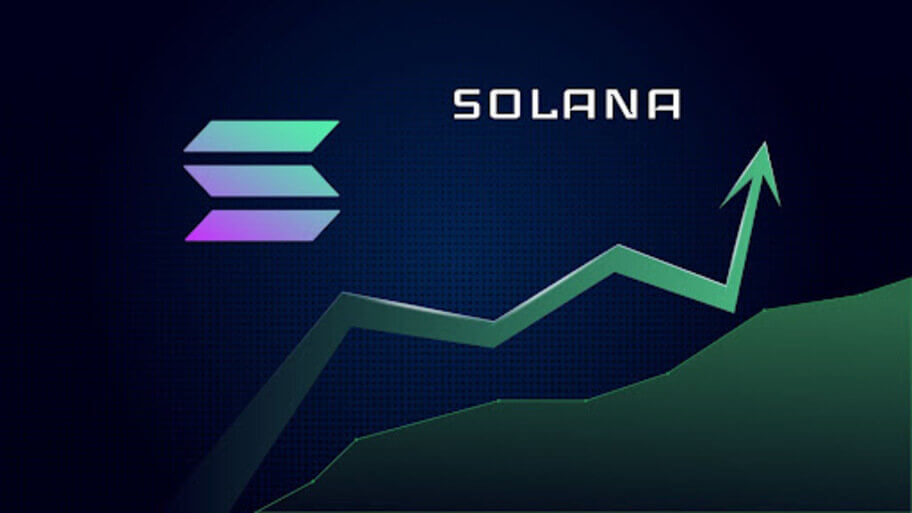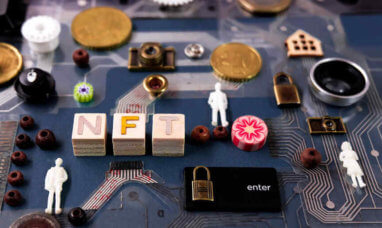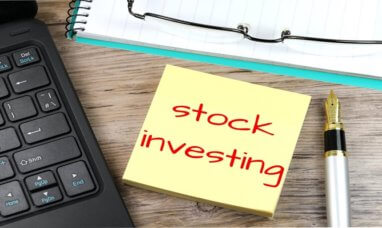Are you looking for the finest validator to stake your Solana on, or where to stake Solana to reap the most amount of rewards? Choosing the best Solana validator is important in maximizing your earnings. Popular wallets like Solflare, Sollet, and Phantom have made selecting a validation pool easier.
While you cannot stake SOL that is held in a centralized exchange like Coinbase, Binance, amongst others, such exchanges may still have an internal procedure for earning rewards. You can stake your SOL if they are held in a wallet that you possess the private key to.
Solana that is held in wallets like Solfire and Phantom, as previously indicated, is eligible for staking, due to their compatibility with Ledger devices and the Solana command-line tool. You’re likely to notice a list of validators in your wallet and may be questioning how to pick which validator to stake. These are the factors that are critical to consider before choosing a Solana validator.
APY and Commissions
The commission charged by the validator has an effect on the returns you earn. However, the important metric to consider is not the commission, but the validator’s Annual Percentage Yield (APY). This amount is the yearly compounded returns that you may expect, taking into account the fee and the validator’s performance. While the stakeview.app is the simplest way to monitor APY, you can also look at earlier timestamps to get a sense of historical performance. The default view is a real-time estimate that often swings in each direction.
Fees often vary from 0% (often for startups validators seeking new stakes), to 10% or more for bigger validators or those with well-known brand names.
What’s in it for you, then? Validators execute transactions and are compensated with transaction fees, which grow according to the stake; the majority of these charges go to the delegator. Validators can choose a commission percentage for how much they wish to keep as a fee; however, many now operate at a loss to attract additional delegators.
As an illustration:
With validator X, you stake 100 SOL. Their commission is fixed at 5%, and, based on their success, they earn an APY of around 8%. On Solana, an epoch lasts between two and three days, and rewards are distributed at the end of each epoch. Assume that the most recent epoch lasted exactly 2.5 days and that a year has 365.25 days:
0.05202 SOL = 100 SOL * (0.08/365.25*2.5) * (1–0.05).
After deducting the validator’s 5% commission, you would have received 0.05202 in staking rewards at the end of the period. Today’s SOL price is around $168.20, making this around $8.7. If you’re confused then look for a good staking rewards calculator, which would do a lot when it comes to calculating and understanding your APY and validator commissions.
Validator’s Total Stake
The Solana network is dependent on a diverse set of validators contributing to the security and stabilization of the network. The more validators that earn the position of leader, the less influence a single poor node may have on the network’s health, as well as the network’s resilience to censorship, and decentralization.
Using solanabeach.io, there is a “stop line”; the stop line is an arbitrary line on a list of validators who are graded according to their stake. The validators above this line together hold 33% of the network’s total stake and could bring the network to a halt if they all stopped validating simultaneously. While this is improbable, it serves as a good signal of which validators to avoid when staking.
Location/Concentration of Data Centers
Another critical element to factor in is the degree to which a single data center gets consolidated with Solana validators. If that data center were to suddenly go offline due to a natural catastrophic event or another major disaster (e.g., the fire that OVHcloud experienced in 2021), or if the hosting company decided to ban Solana nodes, this would have a significant adverse effect on the network if it contains an excessive number of nodes.
On validators.app, you can see which data center a validator is located in, and subsequently, by clicking on the data center name on the validator’s information page, you can see how many additional nodes are located in the same data center as the validator under consideration.
The Validator Pool’s Overall Performance
Finally, a critical aspect affecting the number of rewards stakers receive is the validator’s performance, dependability, and stability. This is not always clear to a staker. The unfortunate reality is that if your validator’s server is unplugged from the internet, shut down, or otherwise fails, it immediately ceases to compete for rewards.
Because Solana is designed for speed, if the hardware on which a validator runs is too sluggish to keep up, the validator will simply be ignored or ‘skipped’. This is indicated by the ‘Skipped Vote Percentage’ displayed on Validators.app. The fewer votes that are skipped, the more incentives are received every era. The greater the rewards, the larger your own share. Stakeview.app simplifies the process by rating validators not by their overall size, but by their predicted APY, which takes into consideration both validator speed and commission.
When selecting a validator to delegate your SOL tokens, it is important to consider the commission rate, since this has a direct influence on the amount of incentives given out. Low commissions equal high profits. However, please keep in mind that commission rates are the lifeblood of many validators. They rely on it to ensure the continued reliability of their operations. Additionally, it is critical to ensure that the validator chosen is capable of maintaining a strong uptime of near to 100 percent for their services.
Consider delegating validation to lesser validators to further decentralize the network. This benefits not just the network’s resiliency, but also the long-term value of your SOL investment. Additionally, consider validators that are committed to long-term value creation for Solana by assisting with platform app development, tools, and teaching resources.
How Many Validators Is the Solana Network Equipped With?
The computing power underlying Solana’s over $12 billion networks of lending, trading, and other decentralized finance (DeFi) services is provided by its 1,000-plus validators. According to Solana Beach, the Solana network presently has 1,161 validators, giving it a Nakamoto Coefficient of 19. This means that the top 19 validators control a sufficient amount of staked Solana to collaborate and attack the network if they so want.
Final Thoughts
There is no hard and fast rule for selecting the most suitable validator. It would be best to choose which criteria are most important to you, and look at your crypto risk-reward ratio before deciding. Many who are wondering where to stake Solana will be curious about basic returns, often known as annual percentage yield (APY). However, the best APY does not necessarily come from the most staked validators; therefore, the names that appear at the top of many lists are not always the best choices.
Featured Image: Megapixl








